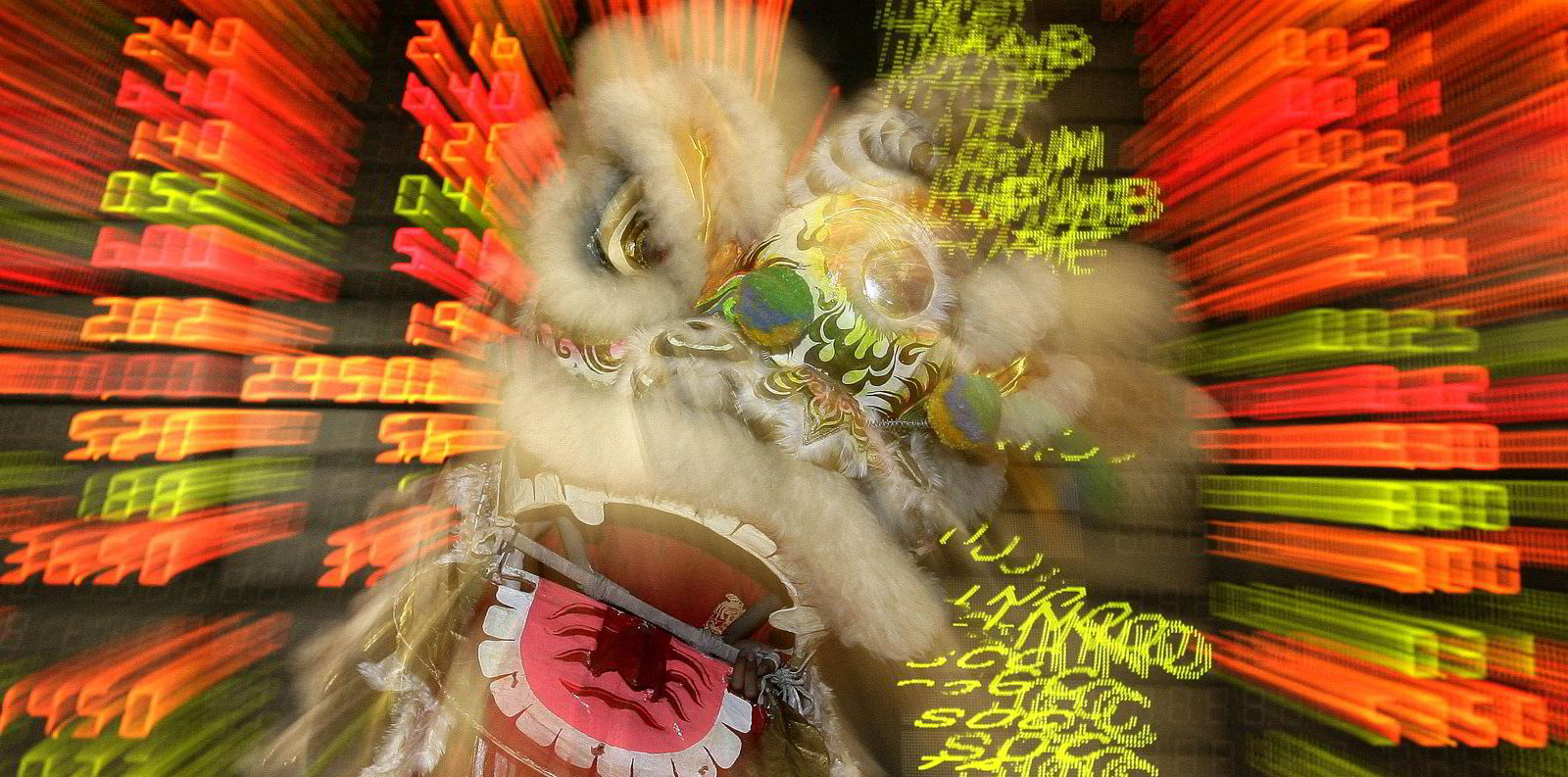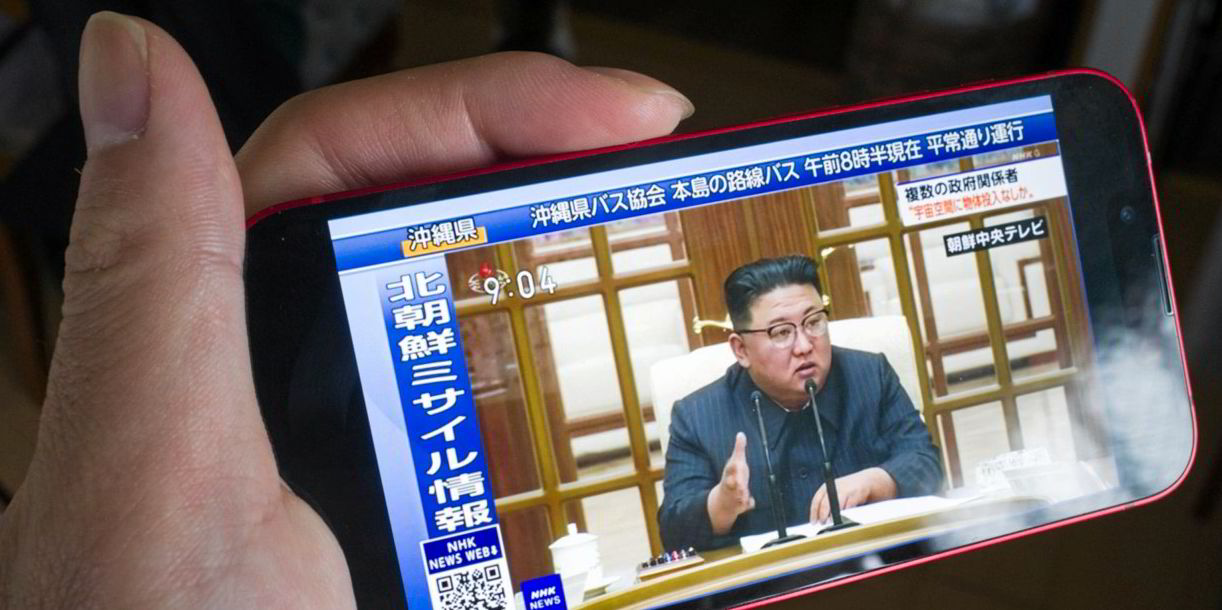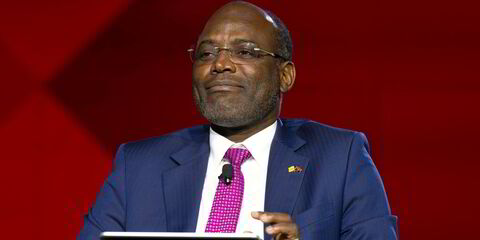Whatever happened to the China-inspired bulk carrier boom? When will the dragon roar and rekindle exciting global growth also for containers and tankers? Well, the Communist Party’s ruling politburo met in Beijing this week and promised to boost what they admitted was a stuttering economy.
This workshop of the world has been the lodestar for bulkers but also tankers — as the globe’s largest oil importer — and containers carrying manufactured goods to the US and Europe.
If you remember back to January of this year, the dry bulk market began on a sour note with a 17.5% collapse in rates — the largest one-day fall in 40 years.
But they were mainly playing catch up after the Christmas holidays, we were assured, and it came ahead of the Chinese Lunar Year festivities when the “workshop” closes down and relatives are visited.
There remained plenty of financial analysts with optimistic stock market forecasts that 2023 would be all about a China comeback after Covid-19.
And there were shipping specialists who said things would get better, in fact much, much better, especially for bulkers.
Turner Holm, managing director of investment banking at Clarkson Securities, told a Marine Money conference in London that “this is the economic cycle that matters … the Chinese dragon is about to be unleashed”.
The share price of leading bulk carrier companies reflected this upbeat assessment with Genco Shipping & Trading up by 12% and Star Bulk Carriers 10% in the first weeks of January.
The United Nations’ World Economic Situations and Prospects 2023 expected China’s GDP to bounce back from 3% in 2022 to 4.8% in 2023.
In fact, the latest figures show the economy grew by 6.3% in the second quarter compared with the same period last year.
But the 2022 figure was hugely depressed by large cities such as Shanghai being locked down for extended periods.

The world’s second-largest economy grew by just 0.8% across April, May and June, compared with 2.2% for the first three months of 2023.
Chinese momentum is slowing down rather than speeding up, with a whole load of data showing industrial activity and business investment low.
Consumer spending in China was expected to bounce back with a vengeance after the heavy Covid lockdowns but retail sales have been muted.
Don’t say we didn’t warn you, say analysts at BRS, whose dry bulk newsletter has repeatedly questioned the China optimism story.
The shipbroker’s 8 June 2023 edition said: “We cautioned against prematurely declaring victory. Our main premise was that one of the permanent but often under-discussed repercussions of China’s harsh Covid measures was the deterioration of the trust of consumers, local enterprises and foreign investors, which would impede consumption, borrowing and investment and that this would take an inevitable toll on China’s recovery trajectory. Trust is hard to earn, once impaired difficult to restore.”
Bulk carrier stocks reflect the frustration: Genco’s share price is down 35% from a high of $20 in February, while Star Bulk Carriers’ capital value has declined 32% over the same period.
There are many factors at work though — and not all of them are Beijing’s making, such as this one that affects the container shipping market.
Demand in the West has been depressed by high interest rates and soaring inflation. There has been a move in the US and Europe away from purchasing consumer goods to “experiences” such as holidays — often near to home — and local restaurants.
According to the National Bureau of Statistics, exports from China last month fell 8.3% compared with a year earlier.
‘Tortuous progress’
Meanwhile, the Chinese real-estate sector has been in trouble for some time and this continues. The government has cracked down on tech entrepreneurs, which has depressed investment and got itself into a stand-off with the US, encouraging the West to “friendshore” rather than offshore goods and services.
We have discussed previously how some shipowners are becoming more reluctant to build vessels in China over fear of future sanctions due to escalating geopolitical tension over Taiwan and Ukraine.
So the Politburo has now met and admitted only “tortuous progress” on post-Covid economic recovery.
Xi Jinping has already cut interest rates and this week promised more help to come — but the dragon remains tethered for now and bulkers becalmed.





